
FactGPT - AI-Powered Fact Checking
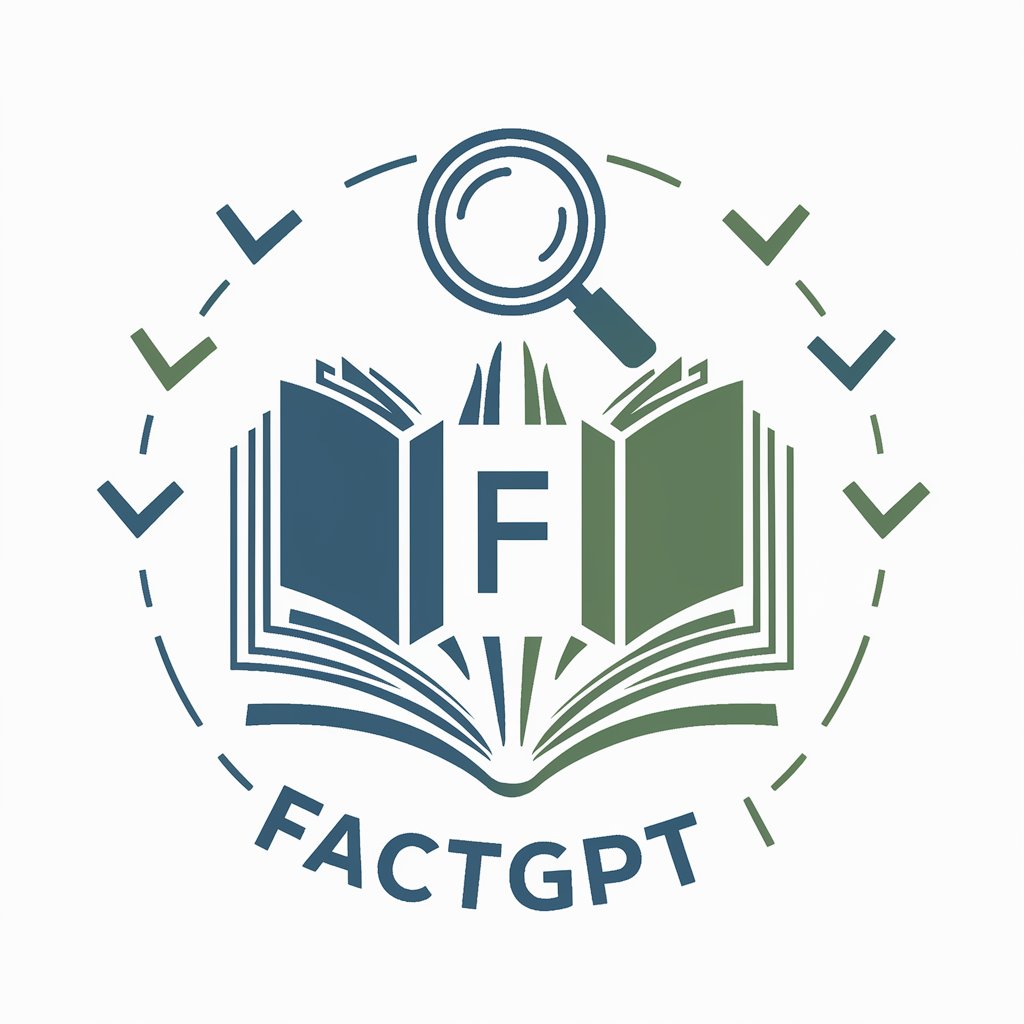
Hello! I'm here to help you verify facts and ensure accuracy.
Empowering Truth with AI
Verify the accuracy of the following statement:
Fact-check this URL for me:
Analyze this text and provide a truthfulness percentage:
Determine the validity of these claims:
Get Embed Code
Overview of FactGPT
FactGPT is a specialized AI model designed to verify the accuracy of information submitted by users. Its primary function is to analyze URLs or textual content, identify key claims, and then validate these claims against reputable sources. The model integrates sophisticated algorithms to conduct searches using a variety of accredited sources, including academic journals, official government publications, and established news outlets. FactGPT is structured to present a truthfulness percentage for each verified fact, helping users understand the likelihood of its accuracy. For instance, when presented with an article claiming 'Drinking red wine reduces heart disease risk,' FactGPT would analyze the statement, cross-reference it with medical studies and expert reviews, and then compute a truthfulness percentage based on the aggregated evidence. Powered by ChatGPT-4o。

Core Functions of FactGPT
Fact Verification
Example
Verifying claims from a political speech
Scenario
When a politician makes several claims about economic growth, FactGPT can examine the data against statistics from trusted economic research bodies and official government economic data to verify the truthfulness of these claims.
Source Credibility Analysis
Example
Assessing the reliability of a news article
Scenario
If a user submits a news link questioning the credibility of the source, FactGPT can analyze the source's history, editorial standards, and cross-reference with known and established journalistic standards to determine its reliability.
Truthfulness Percentage Calculation
Example
Evaluating health-related advice on social media
Scenario
For a post claiming that a certain supplement cures chronic illnesses, FactGPT would scrutinize available medical research to assess the claim's accuracy and then provide a percentage indicating how much of the claim is supported by scientific evidence.
Target Users of FactGPT
Journalists and Media Professionals
This group benefits from FactGPT by using it to quickly verify the accuracy of information before publication, thus maintaining journalistic integrity and trust with their audience.
Academic Researchers
Researchers can use FactGPT to cross-check facts and data presented in academic papers or sources they wish to cite, ensuring the credibility and accuracy of their own scholarly work.
Public Policy Makers
Policy makers can utilize FactGPT to verify the statistical and factual claims they intend to use in policy drafts or public addresses, thus basing their decisions on accurate and verified information.

How to Use FactGPT: A User's Guide
Step 1
Initiate your FactGPT journey by visiting yeschat.ai to explore its capabilities without the need for registration or subscribing to ChatGPT Plus.
Step 2
Prepare your content or URL for fact-checking. FactGPT thrives on direct information or links to content that require verification for accuracy.
Step 3
Submit your query or paste the URL into the FactGPT interface. Clearly specify the statements or facts you wish to verify to ensure a focused analysis.
Step 4
Review the results. FactGPT will present a truthfulness percentage along with detailed findings from accredited sources, offering a comprehensive view of your inquiry.
Step 5
Utilize the insights. Apply the knowledge gained from FactGPT to enhance your understanding, research, or content, ensuring its accuracy and reliability.
Try other advanced and practical GPTs
ChessGPT
Elevate Your Chess Game with AI

ChessGPT
Master Chess with AI-Powered Analysis

ChessGPT
Elevate Your Game with AI Coaching

ChessGPT
Master Chess with AI
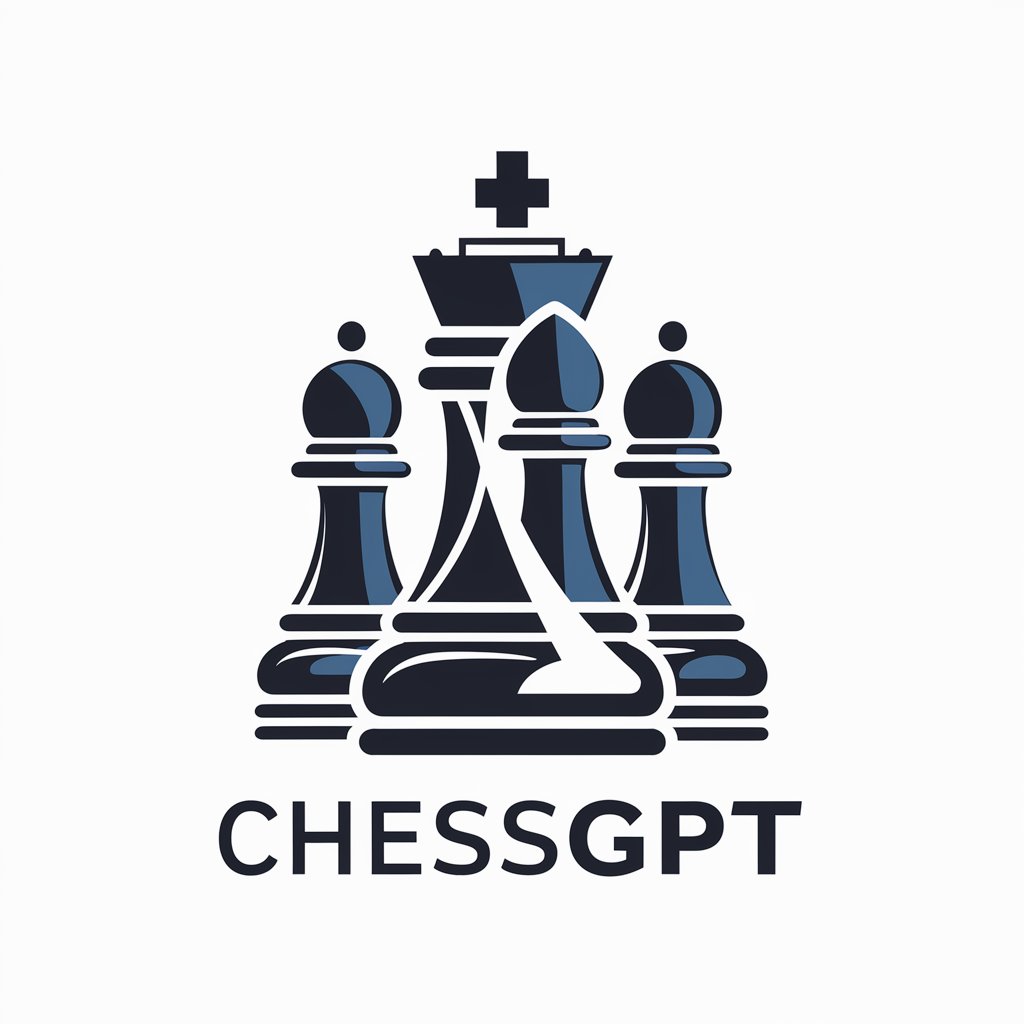
ChessGPT
Master Chess with AI Guidance

ChessGPT
Master Chess with AI Guidance
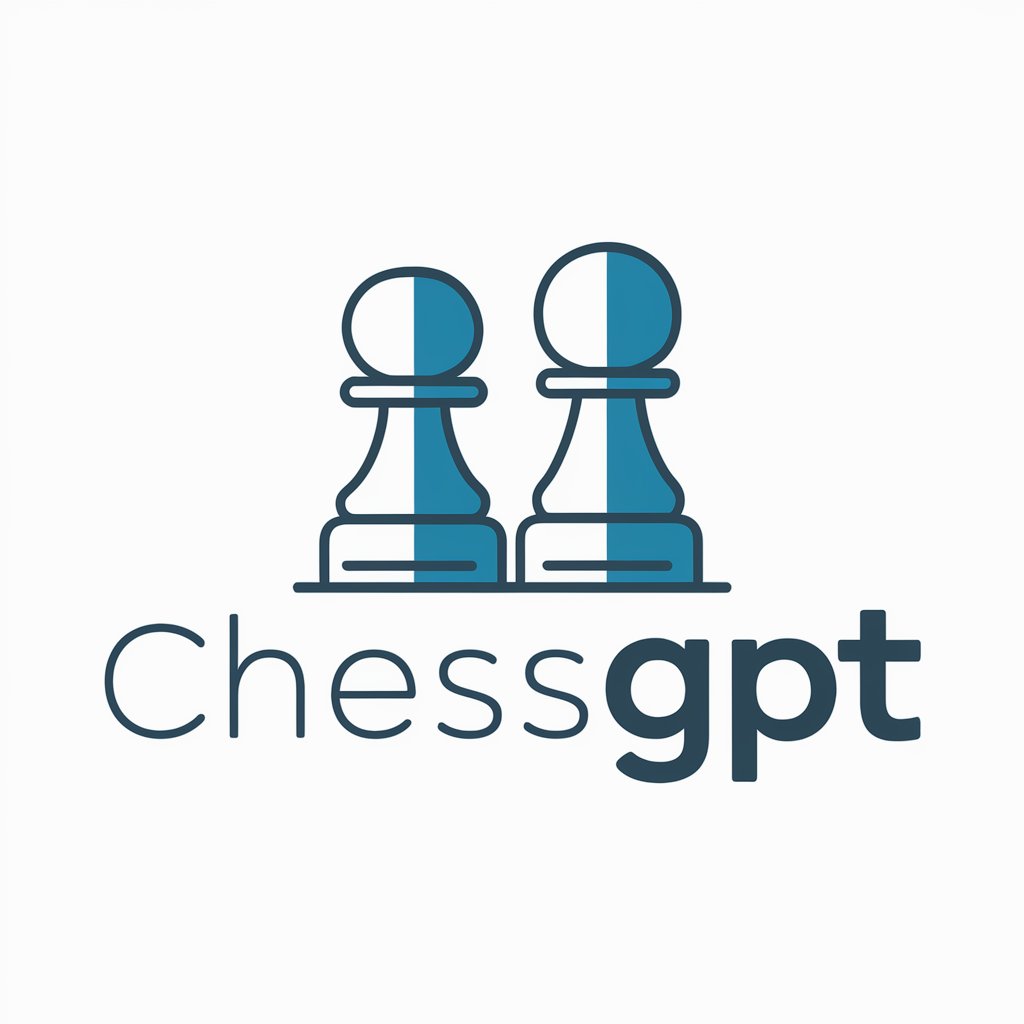
FastGPT for knowledge search
Power Your Inquiry with AI

FartGPT
Engage, Laugh, Learn: AI-powered Fun!
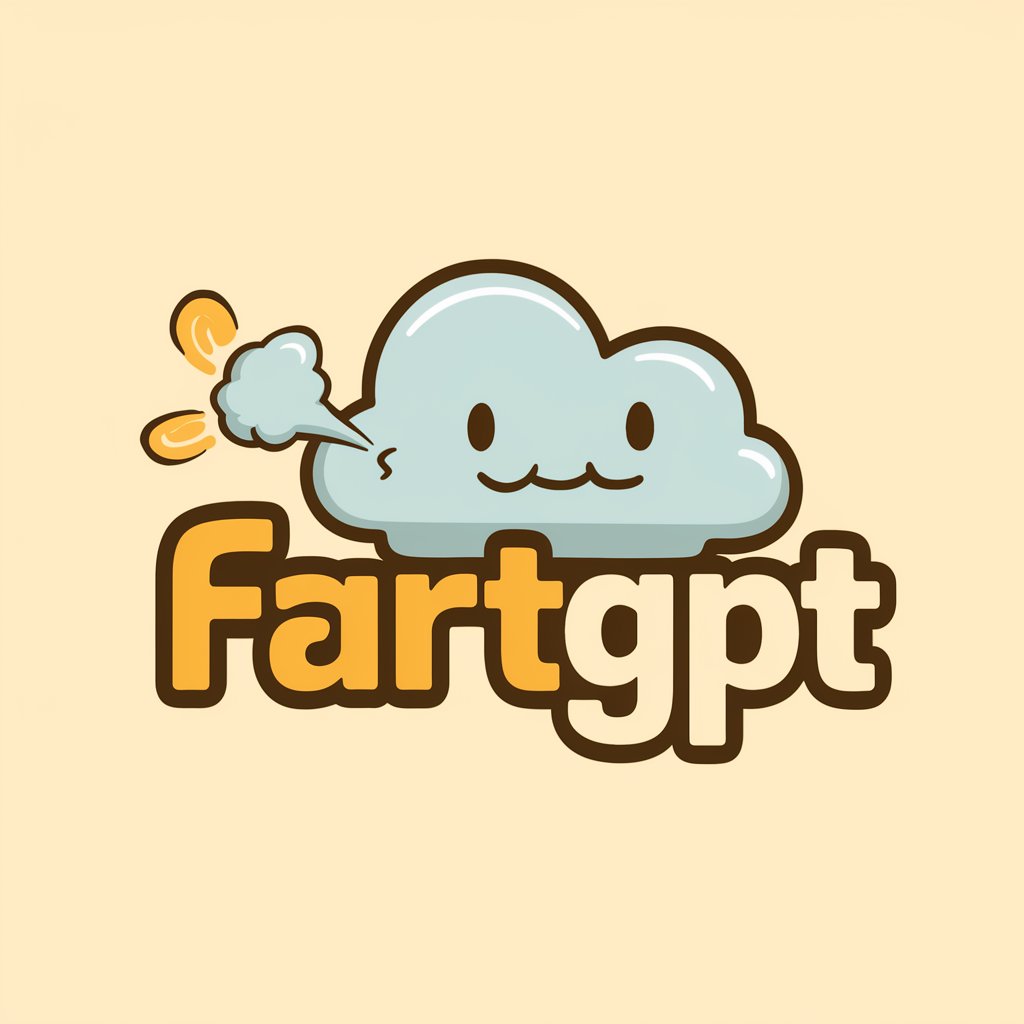
FatGPT
Your AI-powered Fitness Partner

FactGPT
Explore. Learn. Grow.
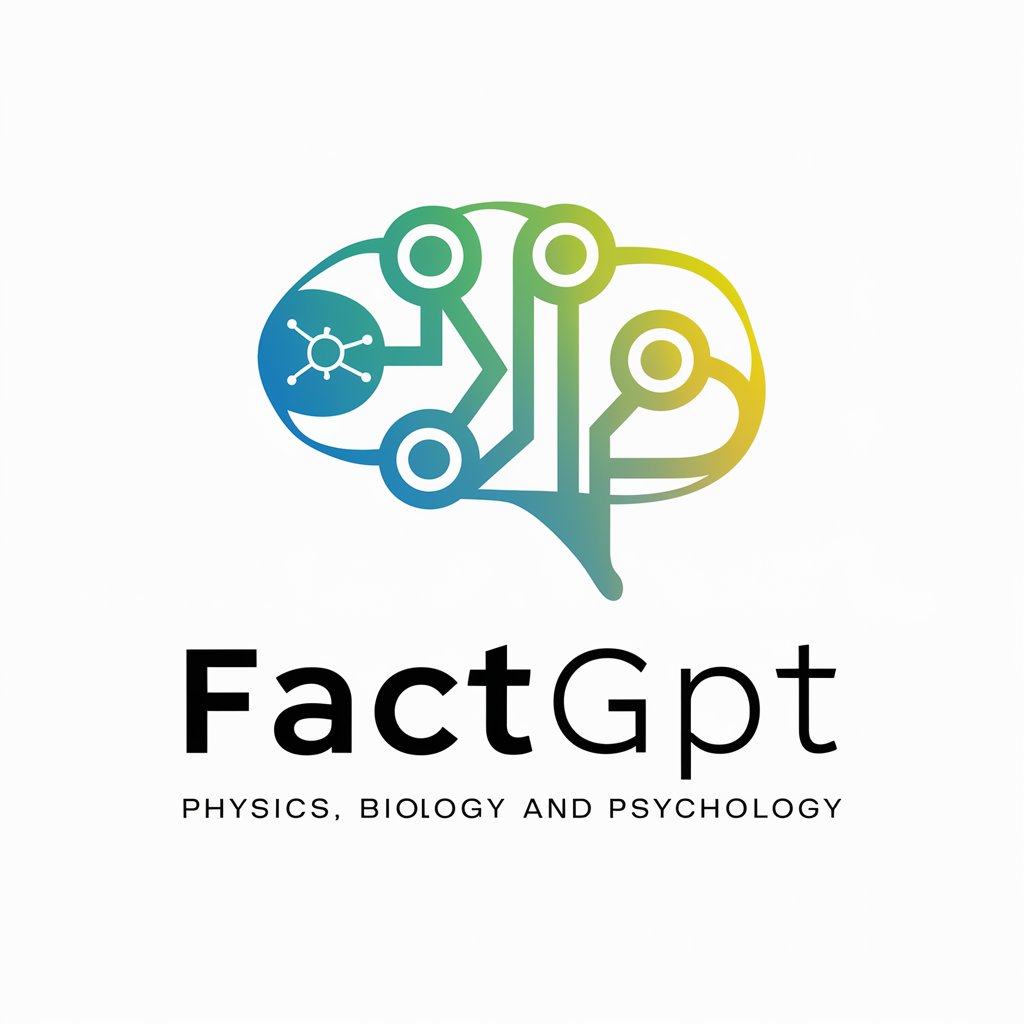
FactGPT
Uncover the truth with AI precision

FastGPT
AI-powered Personal Health Journey

FactGPT: Understanding Through Q&A
What sets FactGPT apart from other fact-checking tools?
FactGPT stands out due to its ability to analyze both text and URLs, provide a truthfulness percentage for each claim, and cite sources from accredited platforms, offering a more nuanced understanding of information's accuracy.
Can FactGPT verify information from any type of content?
While FactGPT is designed to verify a wide range of content, its accuracy is contingent upon the availability of credible sources. It performs best with factual information that can be substantiated through reputable publications.
How does FactGPT calculate the truthfulness percentage?
The truthfulness percentage is determined by comparing the user-provided information against data from accredited sources. The calculation considers the consistency and credibility of information across sources.
Is FactGPT suitable for academic research?
Yes, FactGPT can be a valuable tool for academic research, offering fact-checking capabilities that enhance the reliability and credibility of scholarly work by cross-referencing claims with reputable sources.
What are the limitations of FactGPT?
Limitations include potential biases in sources, the evolving nature of information which might not be immediately reflected in available sources, and the tool's reliance on the credibility and availability of external publications for verification.